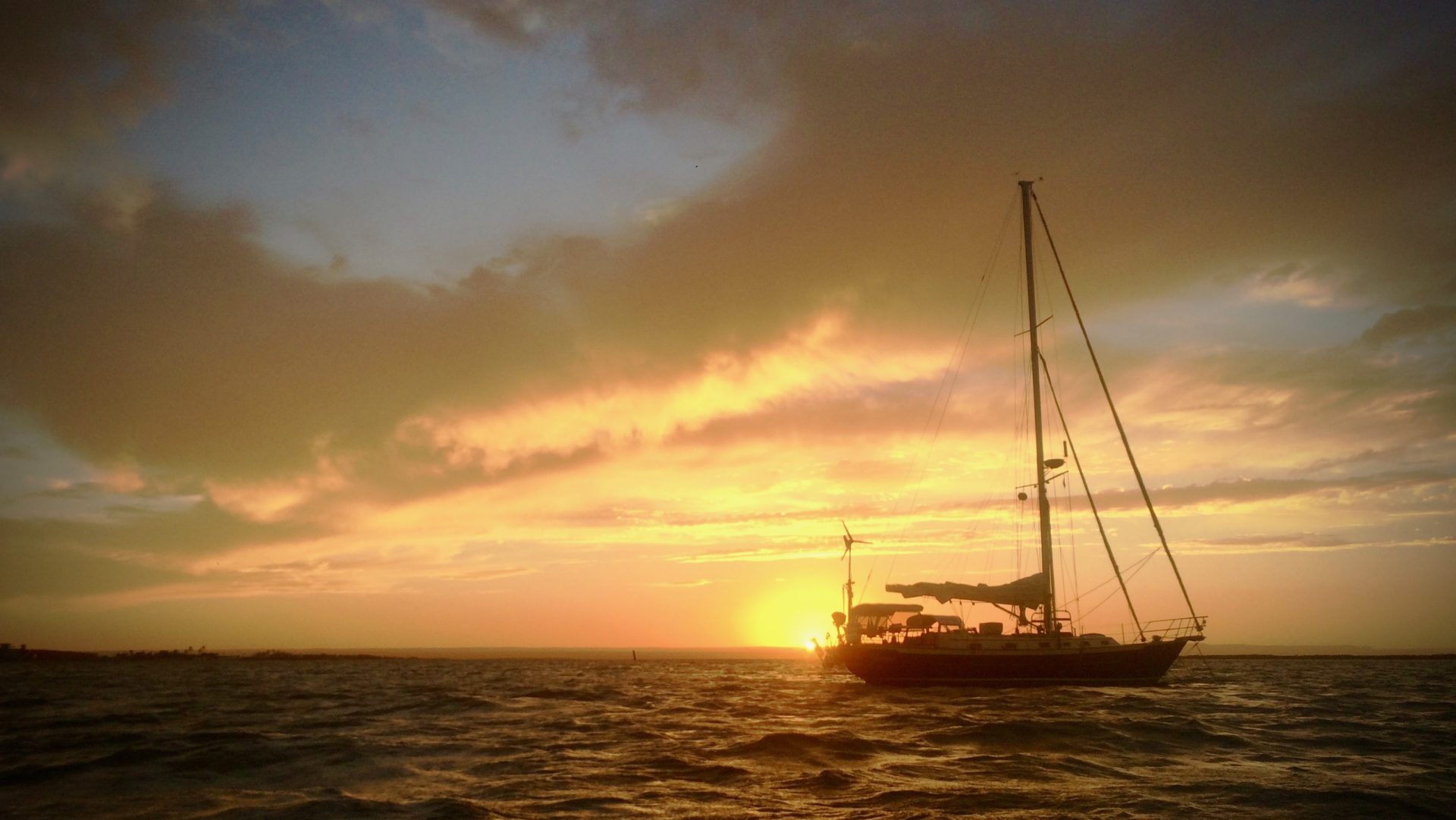Ever since we made the decision to quit our jobs and set sail, I’ve been worrying thinking about what we could do to stay safe on our extended journey. We have Jacklines to keep us on the boat, PFDs (personal flotation devices) to wear should we find ourselves unexpectedly out of the boat, a life raft if all is lost, and all sorts of electronics (EPIRB, SSB radio, sat phone) to facilitate getting help from the outside world.
I also thought a lot about medical care. While we sail down the coast to Mexico, medical care will be hours and in a few cases, days away. Scott and I are pretty healthy, but lots of calamities can occur while living on a boat: burns, cuts, twisted ankles, broken bones, lacerations, and hypothermia, just to name a few. If either one of us gets sick or injured, it’s important for us to have the proper gear, medications, and knowledge to make good decisions for one another.
While Scott researched the type of medical gear and OTC drugs that made sense to go into our Medical Kit, I went straight into researching the vaccines and prescription medications I could ask my doctor about. We decided to get the Hep A and B, Typhoid, and Tdap vaccines – all of which are recommended for traveling in Mexico for an extended period of time.
For prescription medications, I looked into common boat injuries (burns, lacerations, cuts and scrapes) and medications we would need if we got really sick and would typically see a doctor. Prescriptions for diarrhea, urinary and respiratory infections, wound infections, burn creams, pain meds, muscle relaxants, and an Epi-Pen for any unknown allergies.

Having all of this stuff is great, but we also need to know what to do should we get hurt. How do you know if a wound is infected (wound infections are super easy in tropical climates)? What if one of us twists an ankle or breaks an arm? Tons of what ifs. I’m so in my element.
The first aid courses I found that dealt with boating operated under the assumption that you could get outside help immediately. Same thing with your typical first aid class where 911 is a given. I racked my brain to figure out the right keywords to search for. What kind of people need to learn first aid in areas where help could take hours if not days?
Hikers. Climbers. People that fall into that “outdoor enthusiast” category. Boom. Found it.
We signed ourselves up for a two-day Wilderness First Aid course.
Next post, what we learned.

2 thoughts on “Medical Care on a Boat”
Ryan took that course for the Boy Scouts. He said he learned a lot and now we have a fully loaded first aid back pack for any situation. Good idea!
It was pretty great!